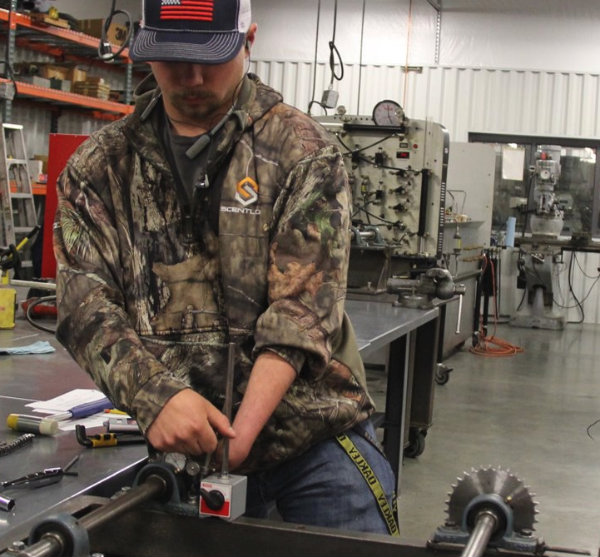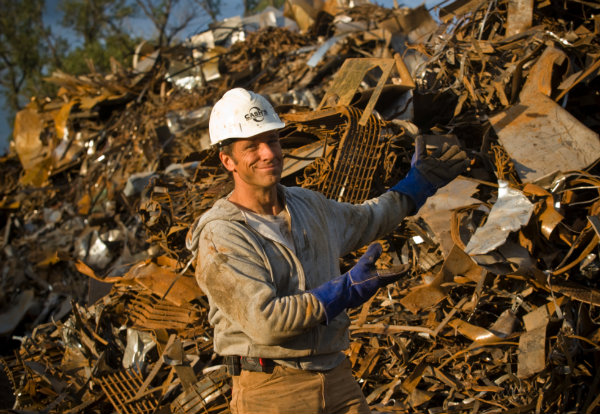Monday, July 29, 2019

By Maureen Dolan/North Idaho College
Metallica knows it.
So does Mike Rowe, the former star of Discovery Channel’s “Dirty Jobs.”
They know: Work is cool, it changes lives, and makes communities stronger, better places to live.
Members of the heavy metal band and Rowe are using their celebrity statuses to support people who want to work, people who want to make better lives for themselves by becoming skilled craftsmen and women.
Metallica’s lead vocalist, James Hetfield, recently said the band hopes, through its foundation, to help change the stigma often attached to choosing a career in the trades, and encourage respect, including self-respect, for those who seek career and technical education after high school rather than earn a traditional, four-year degree.
“To me, it’s important that every job is respected, that it’s OK if you’re not Dr. Blah Blah. You’re a welder who helped build this building, and that is respected,” Hetfield said, in a statement released by Metallica's All Within My Hands foundation. “The fact that you’re working, trying to work, trying to find the path that works best for you – that should be the ultimate goal and most respected thing. So, putting the options out there for people: trade schools, community colleges, support, even gas money to get to and from school – there are many things you can help with.”
And Metallica is helping.
North Idaho College is one of 10 community colleges in the U.S. to receive a donation of $100,000 last year from Metallica through its foundation. Students in NIC’s Aerospace Advanced Manufacturing, Industrial Mechanic/Millwright, Machining and CNC Technology, Mechatronics and Welding Technology programs are eligible to become Metallica Scholars qualifying them for assistance with tuition, books, tools, child care or transportation to help them succeed.
Layton Gallagher, an NIC Metallica Scholar in the college’s millwright program, said the funding came when he needed it most.
“It replaced money I’d just spent on tools and it will make finishing up much easier,” Gallagher said.

Millwrights generally install, dismantle or move machinery and heavy equipment, and are skilled at welding and fabrication, and the maintenance of hydraulic, electro/mechanical systems.
But it’s an uphill battle finding individuals like Gallagher who are willing to consider careers in the trades. Many of these jobs, done by trained craftsmen and women who build, fix and maintain buildings, homes, roads, cars, airplanes, and more, are not being filled.
Rowe, who runs the mikeroweWORKS Foundation, chalks it up to a misperception about the value of skilled work, along with a cultural ideal in the U.S. that says: “Work smart, not hard.”

“The evidence suggests we’ve taken some very bad advice and tried to separate hard work from success. Consequently, we’ve become profoundly disconnected from a critical part of our workforce. The skilled part. The part that keeps the lights on. That’s just crazy,” Rowe writes, on his website mikeroweworks.org. “In a sane world, there should be posters hanging in high schools that reflect the reality of the situation we’re in. Wouldn’t it make more sense to promote Work Smart AND Hard?”
For information about how to apply for a Metallica scholarship, click here.